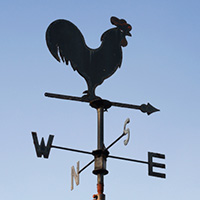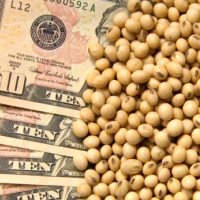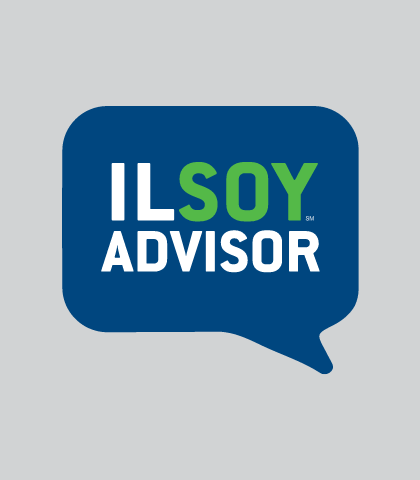While you’re fueling and feeding the world, we’re making sure your voice is heard at all levels. The 2014 Farm Bill is an important step in protecting farmers’ interests and keeping U.S. agriculture competitive worldwide.
As proud supporters and shapers of the 2014 Farm Bill, Illinois Soybean Growers leveraged a host of tools including the Voice for Soy Action Network to unite growers in advocating for its passage. The success story goes right to your roots, with impacts to direct payments, crop insurance, rural development, foreign trade, biodiesel education, food assistance, farm development, and more.
Significantly, this bill makes agriculture the only sector that has contributed to deficit reduction in the 113th Congress—the 2014 Farm Bill will achieve $24 billion in net savings over 10 years, primarily by eliminating Direct Payments.
Impacts in All Corners
This legislation will provide an effective safety net for farm income through 2018 while maintaining planting flexibility, allowing producers to base their planting decisions on the market rather than on the prospect of receiving government payments. It consolidates conservation programs on working lands, renews and enhances programs for agricultural research, and reauthorizes and funds export promotion and food assistance programs. Importantly, it maintains and strengthens the crop insurance program, which is the foundation of support for soybean farmers. Here are a few key highlights:
Farm Safety Net
Offers a choice between price-based and revenue-based risk management tools. Includes a revenue program that covers both price and yield losses, with county and farm level options. Allows producers to either maintain existing crop acreage base or to reallocate their current base to reflect average acres planted to covered commodities in 2009-2012 – a reform that will make programs more relevant and more defensible while not tying them to current-year plantings. Also allows producers to update payment yields.
Crop Insurance
Establishes a new price support program which allows the optional purchase of insurance coverage under a new Supplemental Coverage Option (SCO). Makes enterprise units permanent. Provides a 10 percentage point increase in premium support to beginning farmers and ranchers.
Direct Payments
Eliminates controversial Direct Payments while maintaining decoupled farm support programs (both price and revenue) that will minimize the possibility of planting and production distortions that could trigger new World Trade Organization (WTO) challenges.
Agricultural Research
Maintains authorizations for important agricultural research programs, including the Agriculture and Food Research Initiative (AFRI). Establishes a new Foundation for Food and Agriculture Research (FFAR) that will provide a structure and mandatory funding for new public/private partnerships and investments that will further USDA’s research mission.
Export Promotion
Maintains authorizations and funding levels for export promotion, including the Foreign Market Development (FMD) Program and the Market Access Program (MAP). More than $200 million annually are authorized for international market development.
Bioenergy Expansion
Provides nearly $900 million in mandatory funding for key energy programs, including the Biodiesel Education Program and a strengthened Biobased Markets Program. Expands the Biorefinery Assistance Program to include biobased product and renewable chemical manufacturing.
Food Assistance
Continues the combined authorization of both agricultural and nutrition programs, a linkage that has been essential in enacting every farm bill since 1974. Includes provisions for supporting food pantries and food banks as well as making nutritious food more accessible.
Have questions about the 2014 Farm Bill and its impact on agriculture and Illinois soybean growers?
Contact Mike Levin, Director Issues Management Analysis, at:
P: (309) 808-3606
E: levinm@ilsoy.org











 and then
and then